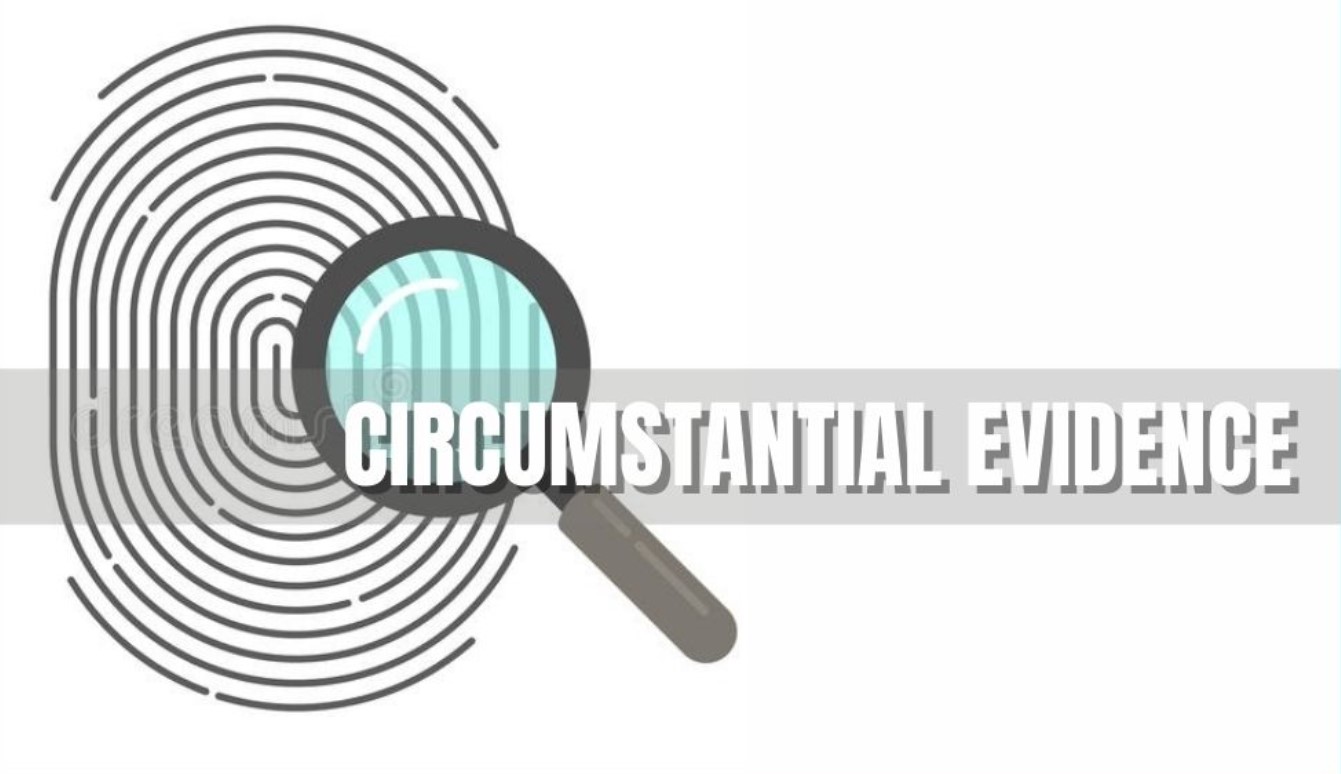


The Incomparable Court of India, in its judgment dated September 29, 2024, within the case of Mulakala Malleshwara Rao vs The State of Telangana (Crl.A. No. 003599 of 2024), dug into noteworthy perspectives of criminal statute, especially centering on the standards administering the conviction based on circumstantial prove. The case serves as a basic reflection on the judiciary's part in maintaining the holiness of criminal law and guaranteeing equity through fastidious examination of realities and prove.
Background of the Case
The appealing party, Mulakala Malleshwara Rao, was indicted by the Telangana Tall Court beneath Segments 302 (Discipline for Kill) and 201 (Causing Vanishing of Prove) of the Indian Corrective Code (IPC) for the charged kill of his spouse. The conviction was fundamentally based on circumstantial prove, as there were no coordinate witnesses to the wrongdoing. The appealing party challenged the High Court's judgment within the Preeminent Court, contending that the prove displayed was inadequately to warrant a conviction.
The Supreme Court's Observations
The Preeminent Court, whereas tending to the request, emphasized the well-established rule that "in cases based on circumstantial prove, the chain of circumstances must be so total that it takes off no room for any speculation steady with the blamelessness of the denounced." The Court emphasized that each interface within the chain of circumstances must be demonstrated past a sensible question and ought to point unequivocally towards the blame of the charged.
The Court moreover underscored the significance of thought process in cases based on circumstantial prove. It observed that whereas rationale isn't continuously basic in each criminal case, it accept critical significance in cases where the prosecution depends exclusively on circumstantial prove. Within the show case, the prosecution's disappointment to set up a clear and persuading thought process debilitated its case.
Analysis of Evidence
One of the major issues in the case was the retrieval of the weapon reportedly utilized in the offense. The prosecution asserted that the weapon was found as a result of the appellant's confession. Nevertheless, the Supreme Court identified contradictions in the prosecution's story about finding the weapon. The Court observed that the delay in recovering evidence post confession cast doubt on its credibility.
Furthermore, the Court examined the medical proof submitted by the prosecution. The autopsy findings suggested that the injuries suffered by the person who died may have resulted from a fall, not from an attack using a weapon. The discrepancy between the medical evidence and the prosecution's theory raises more questions about the credibility of the circumstantial evidence provided.
The Verdict
Due to the prosecution's case irregularities and failure to set up a full chain of circumstances, the Preeminent Court allowed the offer and cleared Mulakala Malleshwara Rao of the charges. The Court ruled that the indictment did not adequately demonstrate the appellant's blame, highlighting the guideline that the charged should always be given the good thing about the question.
Conclusion
The decision in Mulakala Malleshwara Rao vs The State of Telangana by the Preeminent Court highlights the strict criteria required in criminal cases, especially those depending on circumstantial verification. The choice fortifies the thought that somebody blamed of a wrongdoing cannot be found blameworthy as it were on doubt or deficiently prove. The administering emphasizes the judiciary's obligation in ensuring individuals' rights and guaranteeing that equity isn't as it were carried out but is additionally seen as reasonable.
This occurrence too highlights the noteworthiness of thorough investigation and the prosecutor's necessity to supply a consistent and powerful storyline in court cases. As correctly pointed out by the Court, it is primarily the responsibility of the prosecution to make sure that all the evidence is connected and clearly shows the accused's guilt. This decision is a noteworthy addition to the legal principles regarding indirect proof and is expected to be a key reference in upcoming legal proceedings.
TAGS: Supreme Court acquittal circumstantial evidence criminal appeal Telangana High Court IPC Section 302 benefit of doubt chain of circumstances criminal jurisprudence legal analysis.